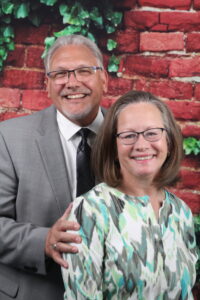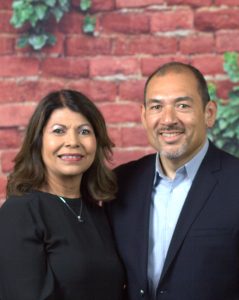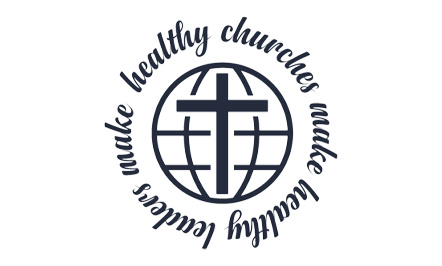Most of us live crowded, noise-filled, busy lives. What device consumes a great portion of our time? Ding, ding, ding. You’re correct if you answered cell phones. Ninety-eight percent of adults in the U.S. own a cell phone.[1] According to some estimates, these devices occupy an average usage of four to six hours per day. They are helpful in many ways, but also a major distraction.
Cell phone use reduces our face-to-face interaction. This is one of the most negative effects of excessive screen time. We know this impacts human connections because studies have shown that face-to-face contact reduces depressive symptoms and elevates overall life satisfaction. I think that excessive time on the phone is also an impediment to our relation to our heavenly Father.
Biblical giants like Moses and Paul had face-to-face encounters with God, and worshippers in the Old and New Testaments are prompted to seek God in this deep, intimate personal way. Intimate relationship and fellowship with God require time and space for focused communication and interaction.
In this season, we prepare our hearts and minds for the experience of Holy Week. It culminates in the celebration of Easter morning when we commemorate the resurrection of our Lord Jesus. Now is the time to seek him and make space for meaningful fellowship.
The fascinating aspect of Easter Preparation is not to amplify what we give up for God. Rather, how do we position our time and focus to receive what Jesus has in store for us?
Here’s my point about the distractive power of the cell phone. What if we were mindful to curtail the use from random surfing, gaming, and entertainment and repurpose that time to spend with God and neighbor? Undoubtedly, this would enhance our quest for Kingdom Living.
One of the ways that I have learned to be more mindful of God in my life is to physically leave the office and simply walk down the tree-lined street near the GCI Home Office. Some days I pray to God, seeking his face and wisdom. Other days I hear the birds and the rustling of the leaves and simply bask in his presence. Getting in my 10,000 steps is important for my heart health and weight management. But these steps are so much more important for my walk with Jesus.
Walking may not be your thing, and that’s okay. Identify whatever it is that puts you into that thin space between earth and heaven and continue to seek the Lord. I leave you with the inspired words of the psalmist.
My heart says of you, “Seek his face!” Your face, Lord, I will seek. Psalm 27:8 NIV
Seeking God’s face,
Greg









 By Cara Garrity, Development Coordinator
By Cara Garrity, Development Coordinator



